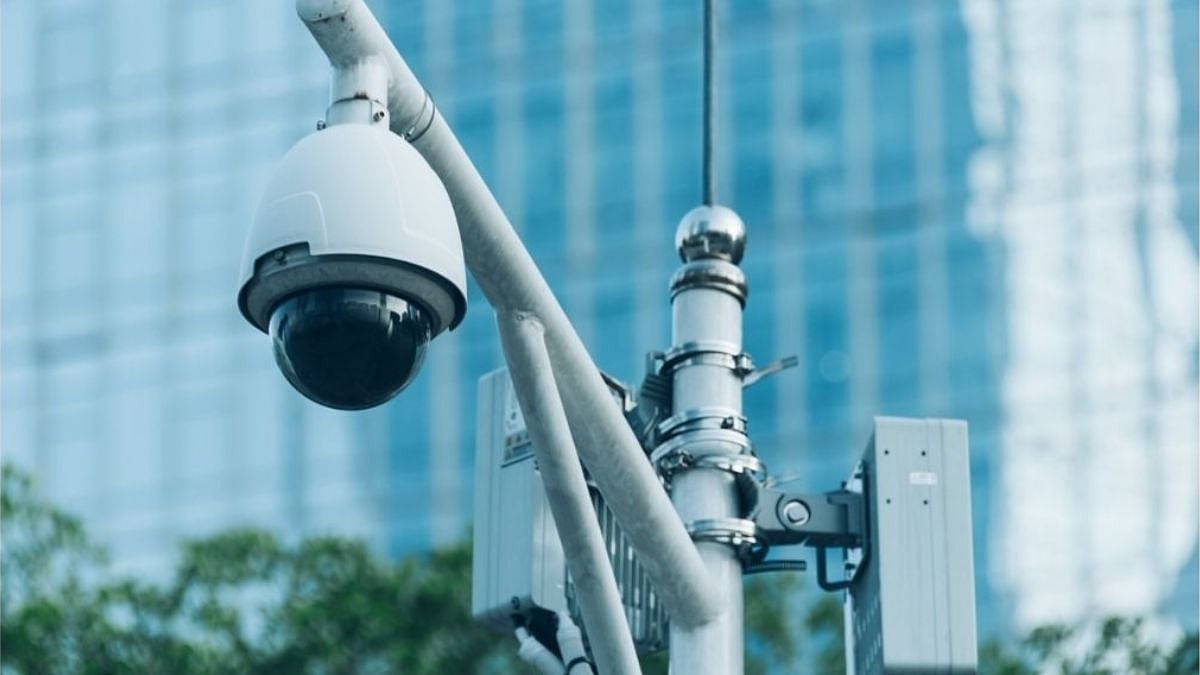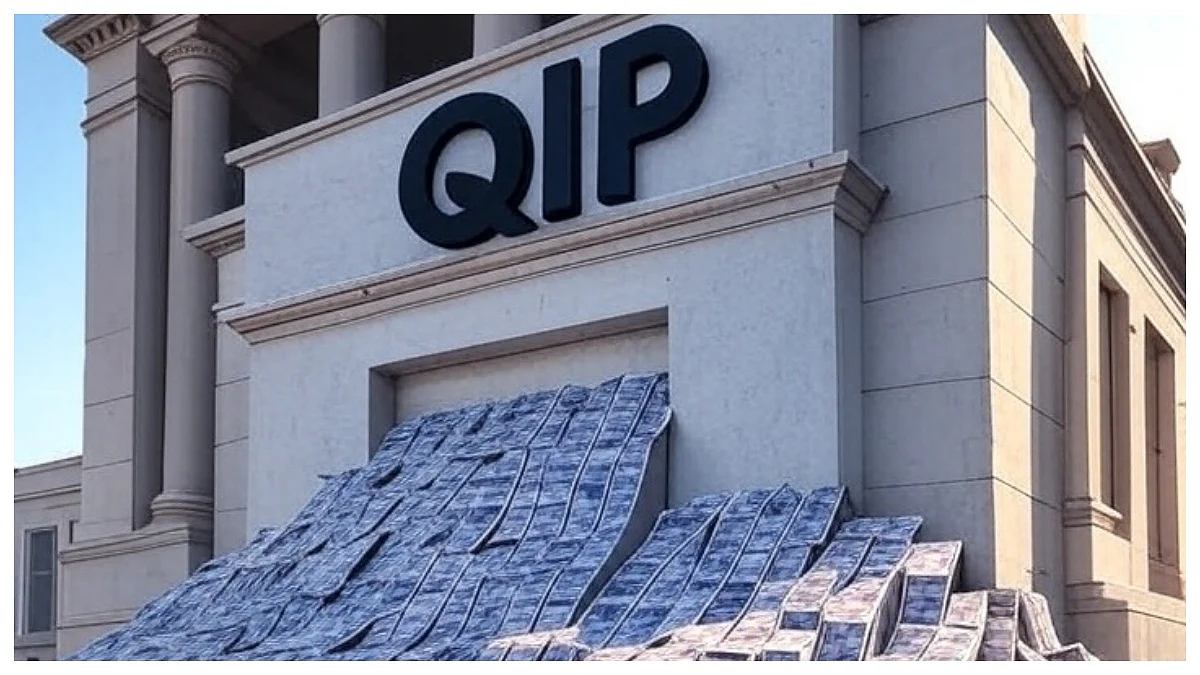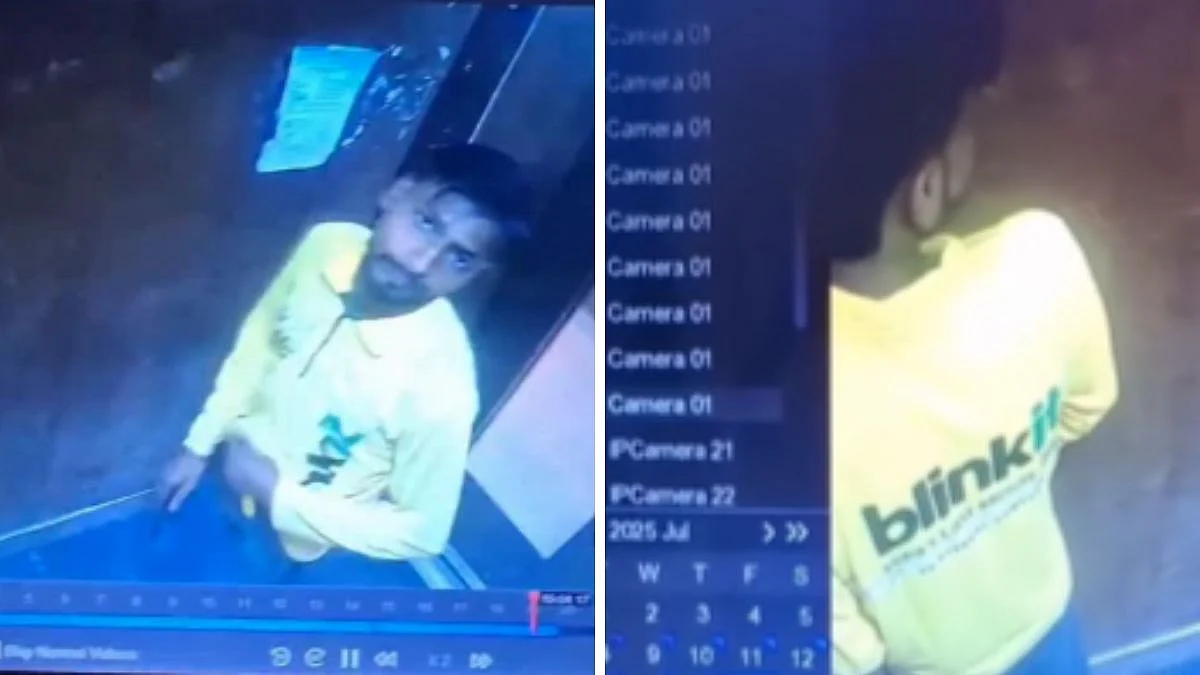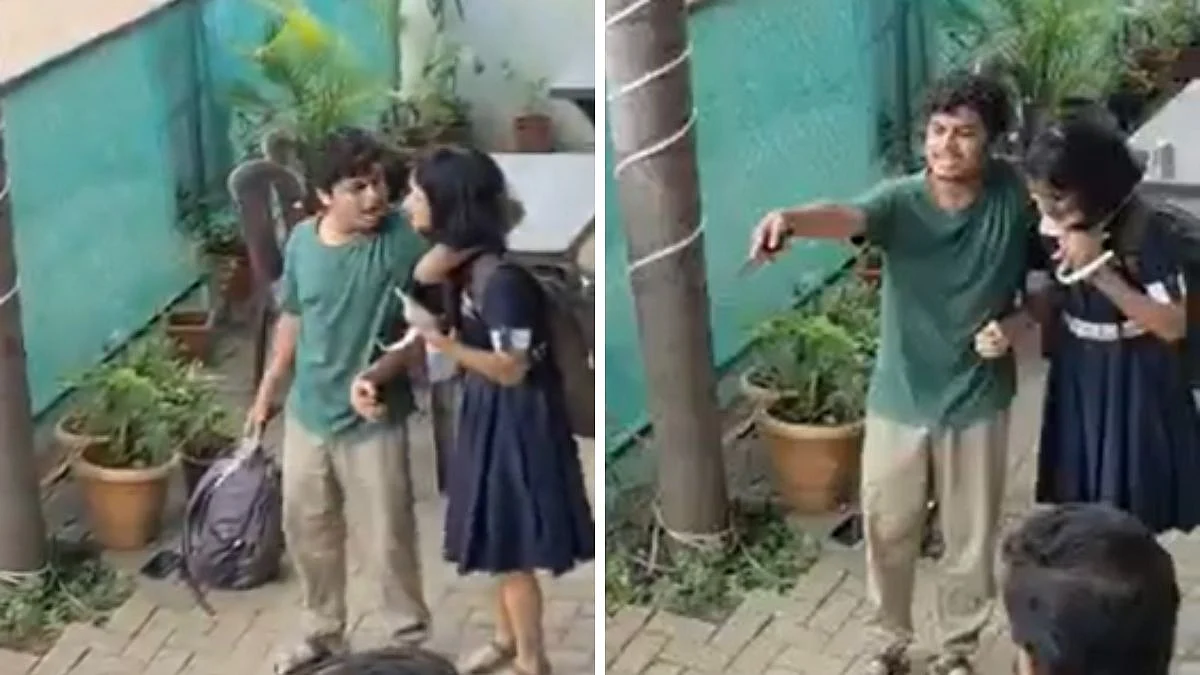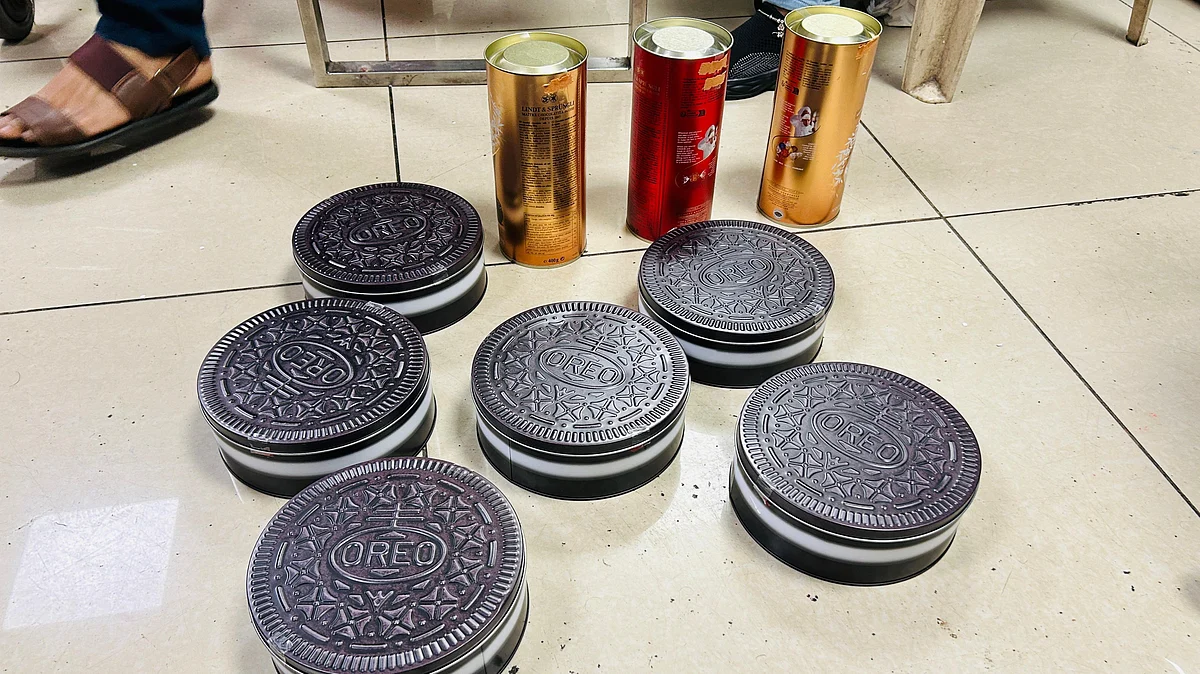Western Railway has reaffirmed its commitment to securing Mumbai's suburban rail network. Highlighting extensive upgrades to its security apparatus in the aftermath of the 11 July 2006 train blasts, officials have outlined a series of advanced safety protocols now in place to protect millions of daily passengers.
Developed in collaboration with the Railway Protection Force (RPF), Government Railway Police (GRP), intelligence agencies, and local authorities, the revamped security framework includes enhanced surveillance, rapid response capabilities, and advanced detection technology.
Strengthened On-Ground Presence
Quick Reaction Teams (QRTs) have been stationed at major railway hubs, supported by Bomb Detection and Disposal Squads (BDDS) and intensified RPF-GRP joint patrols across sensitive areas. Anti-sabotage sweeps are now routinely conducted before peak commuting hours, while random baggage checks have been expanded at high-risk stations.
Integrated Surveillance and Technology
As part of the Integrated Security System (ISS), over 3,000 CCTV cameras have been installed across Mumbai’s suburban stations of WRs Mumbai suburban section— 305 of which are located inside trains, with special attention given to ladies’ coaches. These high-definition, IP-based cameras feed directly into station control rooms, allowing real-time monitoring by trained personnel.
Perimeter security has been enhanced with the deployment of five X-ray baggage scanners, 217 Hand-Held Metal Detectors (HHMDs), and 16 Door Frame Metal Detectors (DFMDs). These tools are used in routine, randomized baggage screenings at key entry points.
A major innovation includes the rollout of a Facial Recognition System (FRS), now integrated with 470 CCTV units to help identify known criminals or wanted individuals throughout the rail network.
Support from Canine Units and Drone Surveillance
Seven K-9 units have been deployed across key stations, where they routinely inspect coaches and platforms for explosive materials. Meanwhile, drone surveillance has been introduced in selected railway yards and high-traffic areas, offering an aerial perspective to enhance situational awareness.

Passenger Escort and Women’s Safety Initiatives
RPF personnel escort over 64 suburban trains daily, particularly along vulnerable routes. Additionally, “Meri Saheli” teams — formed to ensure the safety of women passengers — are currently operational on eight trains within the Mumbai Division, assisting an average of 144 female commuters each day.
Future Projects in the Pipeline
To further strengthen the surveillance network, 652 outdated non- STQC (Standardization Testing and Quality Certification) cameras are set to be relocated under the VSS Phase-I project, along with the installation of 407 new cameras based on a revised assessment. Real-time monitoring will also be centralized through new command centres at both Zonal and Divisional levels.
